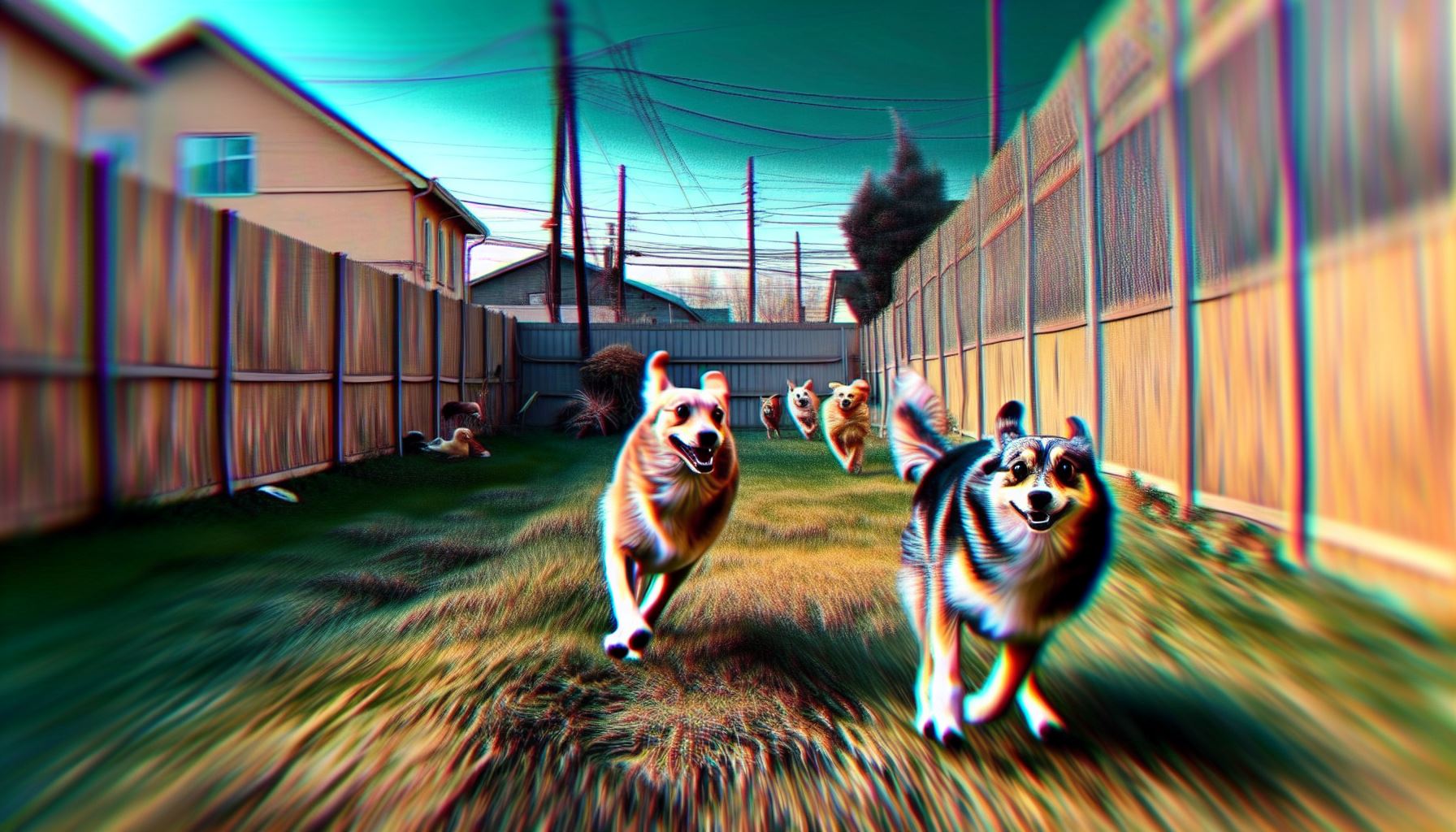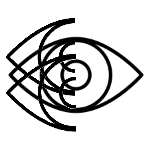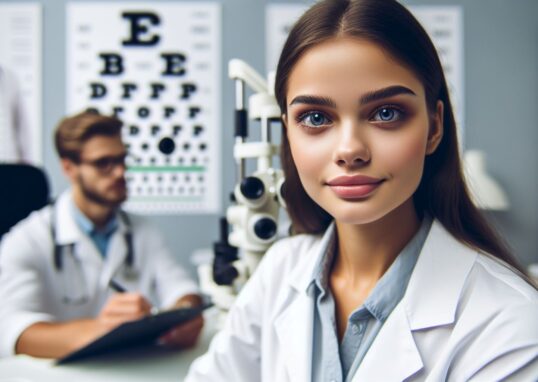
When it comes to eye health, two conditions often come up in discussions due to their prevalence and impact on vision: macular degeneration and glaucoma. Both can lead to significant vision loss and are more common as we age. However, they affect the eye differently, have distinct symptoms, and require different management strategies. This essay will explore these differences in simple terms to provide a clearer understanding of both conditions.
What is Macular Degeneration?
Macular degeneration, specifically age-related macular degeneration (AMD), is a condition that affects the macula, the central part of the retina responsible for sharp, detailed vision. There are two types of AMD: dry and wet. Dry AMD is more common and occurs when the macula thins over time as part of the aging process, leading to gradual loss of central vision. Wet AMD is less common but more severe, caused by abnormal blood vessels growing under the retina, leaking fluid, and causing rapid vision changes.
What is Glaucoma?
Glaucoma is a group of eye conditions that damage the optic nerve, the vital link between the eye and the brain. This damage is often caused by abnormally high pressure in the eye. Glaucoma is known as the “silent thief of sight” because it typically shows no symptoms until significant vision loss has occurred. There are several types of glaucoma, but the two main ones are open-angle glaucoma, which progresses slowly, and angle-closure glaucoma, which can progress quickly and is considered a medical emergency.
How Do They Affect Vision?
The primary difference between macular degeneration and glaucoma lies in the parts of the eye they affect and, consequently, the type of vision loss they cause.
- Macular Degeneration (AMD):
- Affected Area: Macular degeneration primarily affects the macula, which is a small, specialized area at the center of the retina.
- Vision Loss: AMD leads to central vision loss. This means that individuals with AMD struggle with tasks that require seeing fine details, such as reading or recognizing faces.
- Types of AMD:
- Dry Macular Degeneration: About 80%–85% of people with AMD have this type. In dry AMD, parts of the macula become thinner, and clumps of protein form. Unfortunately, there is currently no treatment or cure for dry AMD.
- Wet Macular Degeneration: Although less common, wet AMD is considered more serious. In wet AMD, abnormal blood vessels grow under the retina, often leaking blood or blood products. This scarring affects the macula, leading to faster vision loss. Fortunately, treatment options are available for wet AMD, which can slow down vision loss.
- Glaucoma:
- Affected Area: Glaucoma primarily affects the optic nerve.
- Vision Loss: Glaucoma typically leads to peripheral vision loss first. Individuals with glaucoma may experience tunnel vision as the disease progresses.
- Mechanism: Glaucoma occurs due to increased pressure in the eye. When the drainage angle gets blocked, the clear fluid (aqueous humor) in the front part of the eye cannot drain properly. This increased pressure compresses the optic nerve, causing damage.
- Types of Glaucoma:
- Open-Angle Glaucoma: This is the most common type. It develops gradually and often goes unnoticed until significant vision loss occurs.
- Angle-Closure Glaucoma: Less common but more severe, angle-closure glaucoma causes sudden and intense symptoms. It requires immediate medical attention.
Remember that both conditions are considered degenerative eye diseases, and it’s possible for someone to be affected by both simultaneously.
Symptoms and Detection
Symptoms of macular degeneration can include visual distortions, such as straight lines appearing wavy, and trouble distinguishing colors or seeing in low light. In contrast, glaucoma often has no early symptoms. As it progresses, one may notice tunnel vision or difficulty seeing in the dark. Regular eye exams are crucial for detecting both conditions early, as early-stage symptoms can be subtle or non-existent.
Risk Factors
Risk factors for macular degeneration include age, genetics, smoking, obesity, high blood pressure, and a diet high in saturated fats. For glaucoma, risk factors include age, family history, certain medical conditions like diabetes, and extreme nearsightedness or farsightedness.
Treatment Options
While there is no cure for dry AMD, lifestyle changes like quitting smoking and eating a healthy diet can slow its progression. Wet AMD can be treated with injections, laser therapy, and vitamins to help manage symptoms and slow vision loss. Glaucoma treatments aim to lower eye pressure through medications, laser treatments, or surgery to prevent further damage to the optic nerve.
Prevention and Management
Both conditions highlight the importance of regular eye exams, especially as we age. For macular degeneration, a diet rich in leafy greens and fish, not smoking, and protecting eyes from ultraviolet light are recommended. For glaucoma, while some risk factors like age and genetics cannot be changed, regular eye exams can help detect the condition early, and treatments can preserve vision.
Conclusion
In summary, while both macular degeneration and glaucoma can lead to vision loss, they are distinct conditions that affect different parts of the eye and have different symptoms, risk factors, and treatments. Understanding these differences is crucial for early detection, effective management, and maintaining the best possible quality of life despite these conditions. Remember, the key to preserving vision with either condition is early detection and treatment, so regular eye exams are essential.
Here’s a list of additional resources:
- Glaucoma Research Foundation
- Title: The Differences Between Glaucoma And Macular Degeneration
- Description: This article discusses the primary differences between glaucoma and AMD, focusing on the parts of the eye each condition affects.
- Healthline
- Title: Macular Degeneration vs. Glaucoma
- Description: A comprehensive comparison of macular degeneration and glaucoma, detailing the common types of vision loss, their causes, symptoms, and treatments.
- Medical News Today
- Title: Macular degeneration vs. glaucoma: Signs and more
- Description: An overview of how macular degeneration and glaucoma lead to vision loss, with a focus on the differences in how they affect vision and possible preventions.
- Verywell Health
- Title: Macular Degenerations vs. Glaucoma
- Description: An article explaining how macular degeneration and glaucoma cause progressive vision loss, highlighting how they alter vision differently and affect different parts of the eye.





